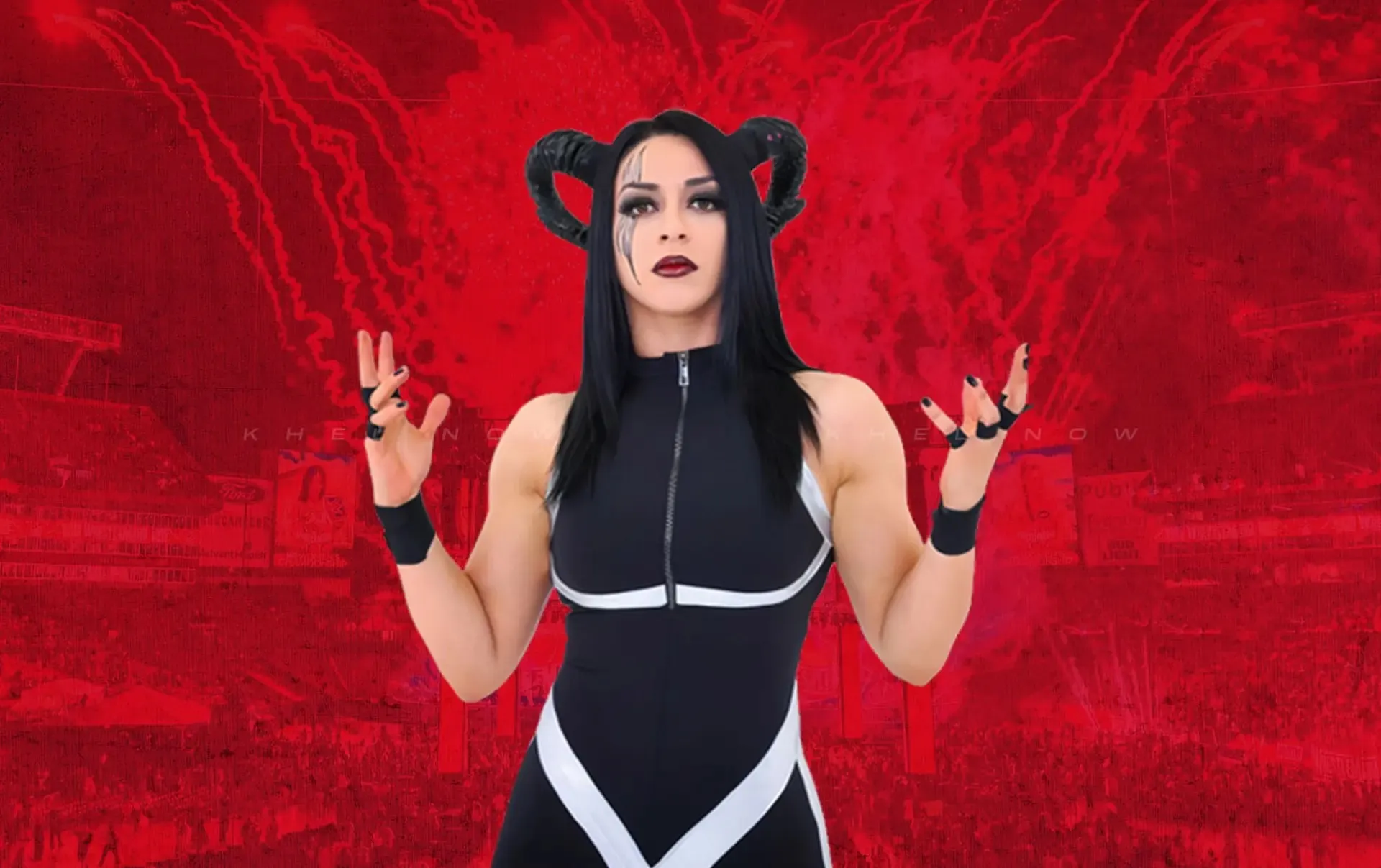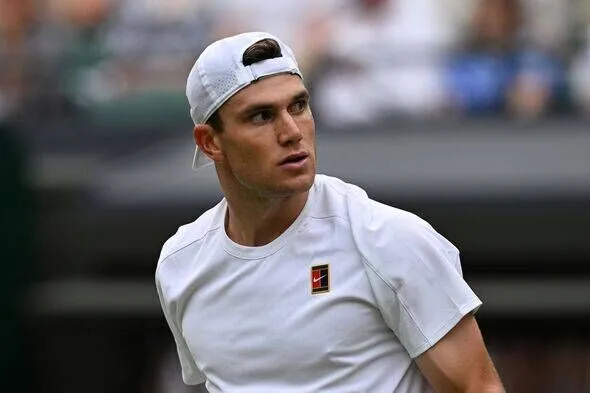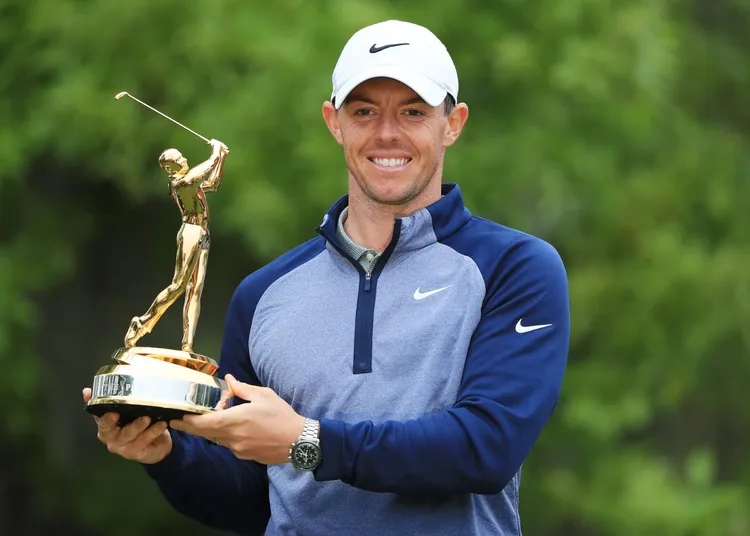At the Shanghai Masters, players have not just battled opponents—they’ve battled the elements. Sweating under oppressive humidity, forced into grueling rallies, many have flagged under the pressure. Amid all of this, Daniil Medvedev has made a surprising admission: he actually welcomes these harsh conditions. By suggesting that it “levels the playing field,” Medvedev is offering a different perspective on the tournament’s punishing atmosphere. In this article, we’ll explore exactly what he said, how these conditions have affected other players, and whether his mindset can become an edge.
What Medvedev Said: “Here Everyone Suffers”
Speaking after advancing to the Round of 16 in Shanghai, Medvedev was asked about the oppressive heat and humidity. His response drew attention:
-
He acknowledged that matches above around 28 °C give him difficulties in many tournaments.
-
Yet, he noted that during this event, “everyone suffers”—so when conditions are extreme, it puts all players in a more equal scenario.
-
In other words, instead of being an extra handicap, the harsh weather becomes a balancing factor.
-
He also admitted his match hadn’t been perfect—especially in the second set, where things got messy. But overall, he was satisfied with managing through adversity.
This line of thinking flips a common complaint into a psychological strategy: if conditions are brutal, at least no one gets to dodge them.

The Harsh Reality of Shanghai Conditions
Medvedev’s comments didn’t come out of nowhere—Shanghai has built a reputation this year for extreme playing conditions, which have exacted a heavy toll on many players.
Heat & Humidity
Temperatures in the mid-to-upper 20s Celsius, combined with extremely high humidity (often above 80 %), have turned every match into a stamina war. Players struggle with breathing, cramping, hydration, and recovery. Many have publicly expressed frustration and visible distress.
Match Retirements & Shock Exits
Some top players have succumbed to the elements:
-
Jannik Sinner, the defending champion, was forced to retire mid-match due to thigh cramps after prolonged play in humid conditions. (Sinner’s exit drew wide commentary around weather’s impact.)
-
Others have suffered heat exhaustion, cramps, or physical collapse, making survival—not just victory—the primary goal.
The frequency of such incidents at this edition of the tournament has prompted discussions about whether there should be an official heat policy for ATP events, rather than leaving decisions to on-site officials.
Impacts on Style & Strategy
Court speeds in Shanghai have also been criticized. Some players argue that conditions slow down the courts, making matches more grinding and less free-wheeling. For big hitters or baseline attackers, the combination of heavy conditions and slower surfaces means extra burden on footwork, patience, and adaptability.
Why Medvedev’s Stance Makes Sense
Psychological Edge
By embracing discomfort, Medvedev sends a message: he’s not merely tolerating the elements—he’s leveraging them. That mindset can shift pressure onto opponents who might mentally wilt under the same strain.
Equalization of Conditions
If everyone is suffering physically, the athlete who best mitigates those effects—through fitness, recovery, physiological tolerance—gains an advantage. Medvedev is betting on himself in that equation.
Experience & Adaptation
Medvedev has played many tournaments in harsh conditions before. His experience gives him a reference point: he knows how to conserve energy, when to press, and where to rest. That institutional memory can matter when matches stretch long.
Accepting Imperfection
He openly acknowledged his second set was messy. That admission underscores realism: he is not pretending to play perfectly, but managing to win when nothing is perfect. In extreme conditions, clean tennis is rare.
Broader Implications & Tournament Response
Call for Heat Safeguards
Given the visible distress and match retirements, many in the tennis community are pushing for more formalized heat policies in ATP tournaments, similar to what some other tours employ. This would include built-in heat breaks, scheduling adjustments, or rules for suspension when conditions cross danger thresholds.
Player Health & Performance
Sustained exposure to high heat and humidity tests limits—not just in a single match, but across rounds. Recovery windows shrink, injuries rise, and mental fatigue compounds. Players who endure risks long-term damage.
Tournament Fairness & Prestige
When external conditions dominate results, many argue it dilutes merit. Did the best player win, or did the fittest to survive the weather win? Medvedev’s mindset draws attention to that tension.
Medvedev’s Season Context & Stakes
Understanding why Medvedev chooses this narrative requires looking at his 2025 season:
-
He has had mixed results in Grand Slams, struggling to advance deep in majors.
-
The Asian swing—including Shanghai—is a chance to salvage momentum or end the season on a high note.
-
His opponent in the next round is Learner Tien, a recent challenger in a tough match-up, meaning every advantage—physical or mental—can tilt the outcome.
Therefore, adopting a narrative of toughness isn’t just bravado—it’s part of a broader fight for form, reputation, and ranking.
What to Watch: Can Medvedev Ride This Strategy?
-
Physical resilience in later rounds
If he can sustain energy, avoid cramping, and recover between matches, his approach may pay off. -
Consistency under duress
His ability to deliver clean tennis—or minimize errors—while under thermal stress will be tested. -
Psychological pressure on opponents
If other players mentally crack under the conditions, Medvedev’s stoicism might translate to tactical advantage. -
Tournament decisions & ATP response
Will officials introduce heat breaks or pause matches? How will Medvedev respond if conditions worsen or policies intervene?

Daniil Medvedev’s candid embrace of Shanghai’s brutal conditions flips a familiar complaint on its head. Rather than bemoan heat, he argues it offers an equal chance for all—shifting pressure from weather to will.
As the tournament unfolds, his mindset will be a litmus test. Will he prove the toughest when others waver? Or will the elements finally exact a toll no player can escape? Time—and temperature—may decide.

 Vietnamese
Vietnamese









Nguyen Hoai Thanh
Nguyen Hoai Thanh is the Founder and CEO of Metaconex. With 12 years of experience in developing websites, applications and digital media, Nguyen Hoai Thanh has many stories and experiences of success to share.